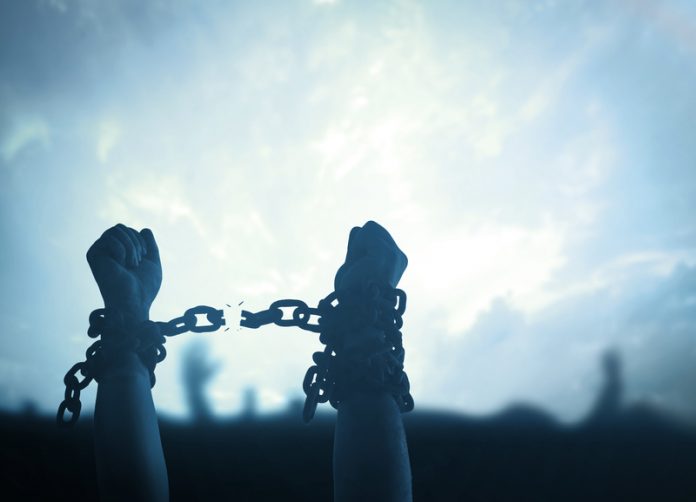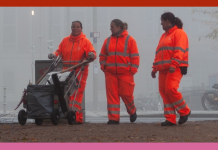The Environment Agency (EA) has committed to working with police and enforcement agencies to eradicate modern day slavery from the waste and recycling industry by training officers to spot signs of exploitation during site inspections
Latest figures from anti-slavery charity, Hope for Justice, show that two-thirds of victims are reported to have worked within the waste industry. In response, the EA has worked with the charity to train over 100 waste and regulation EA officers to recognise exploitative work practices.
Today (Thursday 18 October) is Anti-Slavery Day across England and Wales, a day introduced in 2010 to raise awareness of the need to eradicate modern day slavery in all its forms.
The training for officers precedes the government’s organised waste crime review, due out later this year, which recognises an emerging criminal subset within the waste management industry. Earlier this year, the EA introduced the use of body worn cameras for waste enforcement officers following a growing number of abusive incidents during site inspections.
Marie Fallon, Director of Regulated Industry at the Environment Agency said: “Modern slavery is an abhorrent crime that often goes unseen. Whilst the majority of the waste businesses we regulate are well run, there are a concerning number of operators who delve into criminal practices which harm the environment, local communities and their own work force.
“Our work with Help for Justice has given our officers the skills to understand the signs of modern slavery which can add value to the work of the police, partners and local authorities who collectively are working to stamp it out.”
Sara Squires, UK Training Manager at anti-slavery charity Hope for Justice, said: “It is fantastic to see such strong backing for these efforts from the Environment Agency. I know from first-hand experience that good-quality training leads to an improved response. More than half of referrals to Hope for Justice of potential victims of modern slavery come from organisations we have trained, and many of those referrals lead directly to rescues.
“I have sat with rescued victims as they realise they are now safe and free, and as they begin to understand that they can finally start making their own decisions in an atmosphere of care and support, which is so important.
“Better understanding among frontline agencies of the indicators of exploitation and the best ways to respond will change the landscape of anti-slavery efforts in the UK, by increasing prosecutions, deterring traffickers and supporting survivors.”
EA officers have been instructed to look for common signs of exploitation including an extreme fear of authorities, signs of physical or psychological trauma including anxiety or malnourishment, and evidence suggesting workers may be living on site.
Anyone with suspicions of contemporary slavery can report it to Hope for Justice on 0300 008 8000 or email info.uk@hopeforjustice.org











